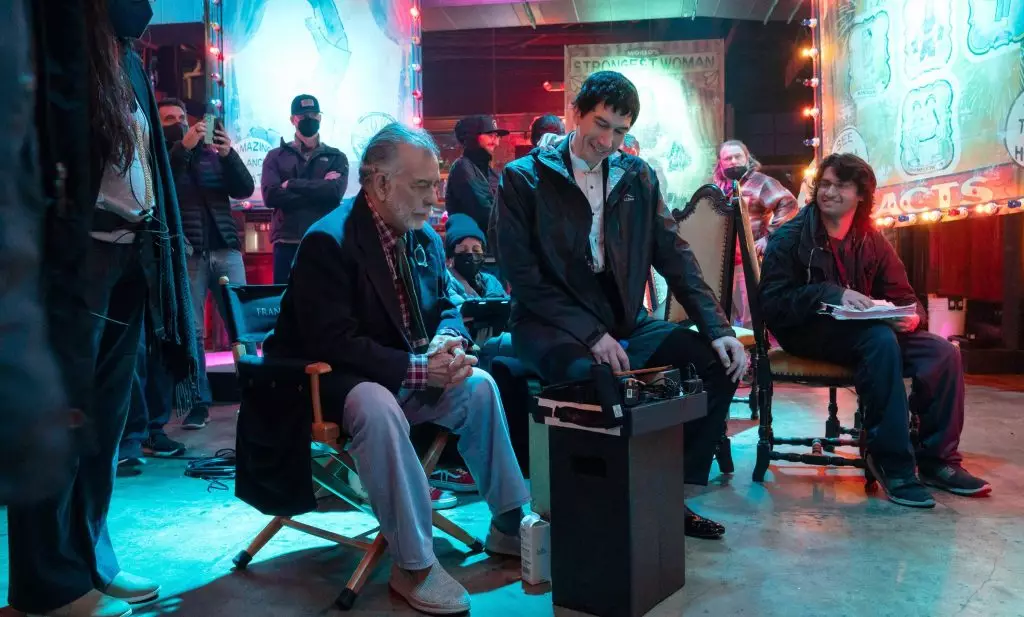Francis Ford Coppola, a name synonymous with film history, is stepping back into the spotlight with his audacious project, Megalopolis. This isn’t just a film; it’s a manifestation of the visionary’s intricate soul and his lifelong dedication to cinema. Set against the backdrop of a reimagined America, Megalopolis pits ideals against stagnation, mirroring the turbulent issues we face today. The film represents a rare opportunity for audiences to engage with an auteur’s vision in a medium and venue that maximizes emotional impact. With Coppola himself accompanying the tour, audiences can expect a layered discussion exploring the intricacies of storytelling and its potential to ignite change.
A Unique Cinematic Experience
Coppola insists that this tour is how Megalopolis was truly meant to be experienced: on a grand screen with a captivated audience. In a digital era saturated with streaming services and instant access, the richness of collective viewing experiences is often overlooked. The engagement through live discussions after the film screening is a refreshing antidote to our society’s desensitized approach to visual media. Nothing can replace the raw energy of watching a film unfold with fellow movie lovers, followed by a spirited debate on the themes that resonate deeply within us.
The Battle for Ideals
At its heart, Megalopolis is a reflection of our current political climate, presenting a dichotomy between progressive visionaries and those entrenched in power. Adam Driver’s portrayal of Cesar Catilina embodies the spirit of innovation, an artist seeking a promise of a utopian future. In contrast, Giancarlo Esposito’s character, Mayor Franklyn Cicero, symbolizes the antithesis of progress—an embodiment of the greed and partisanship that plague our systems. This conflict is more than just an elaborate plot; it encapsulates the struggles that define contemporary society. The film ignites a critical evaluation of what change requires from us as individuals and communities.
The Passion Project
Self-financed to the tune of $120 million, Megalopolis reflects Coppola’s undying commitment to his artistic vision. He’s not merely creating entertainment; he’s crafting a dialogue about the moral obligations of humanity. This kind of investment—both financial and emotional—speaks volumes about his dedication to delivering an experience that transcends conventional filmmaking. It’s a venture fraught with risk; yet, the sheer ambition and seriousness of purpose echo an era when cinema dared to challenge its audience, rather than merely appeasing them.
A Limited-Time Experience
What’s particularly intriguing is that Megalopolis isn’t available on any streaming platform. This exclusivity heightens the urgency for audiences to participate in this event. Ever since film transitioned predominantly to home-viewing formats, unique engagements, like this one, are increasingly rare. The presence of stellar actors such as Shia LaBeouf, Jon Voight, and Aubrey Plaza adds further allure, but it’s the opportunity for direct interaction with Coppola that distinguishes this experience from a regular screening.
The film’s premiere at Cannes and its subsequent standing ovation signify a collective recognition of its importance. As it stands now, Megalopolis is not just a film but a catalyst for dialogue—a compelling reminder of cinema’s role in reflecting and shaping societal values.

